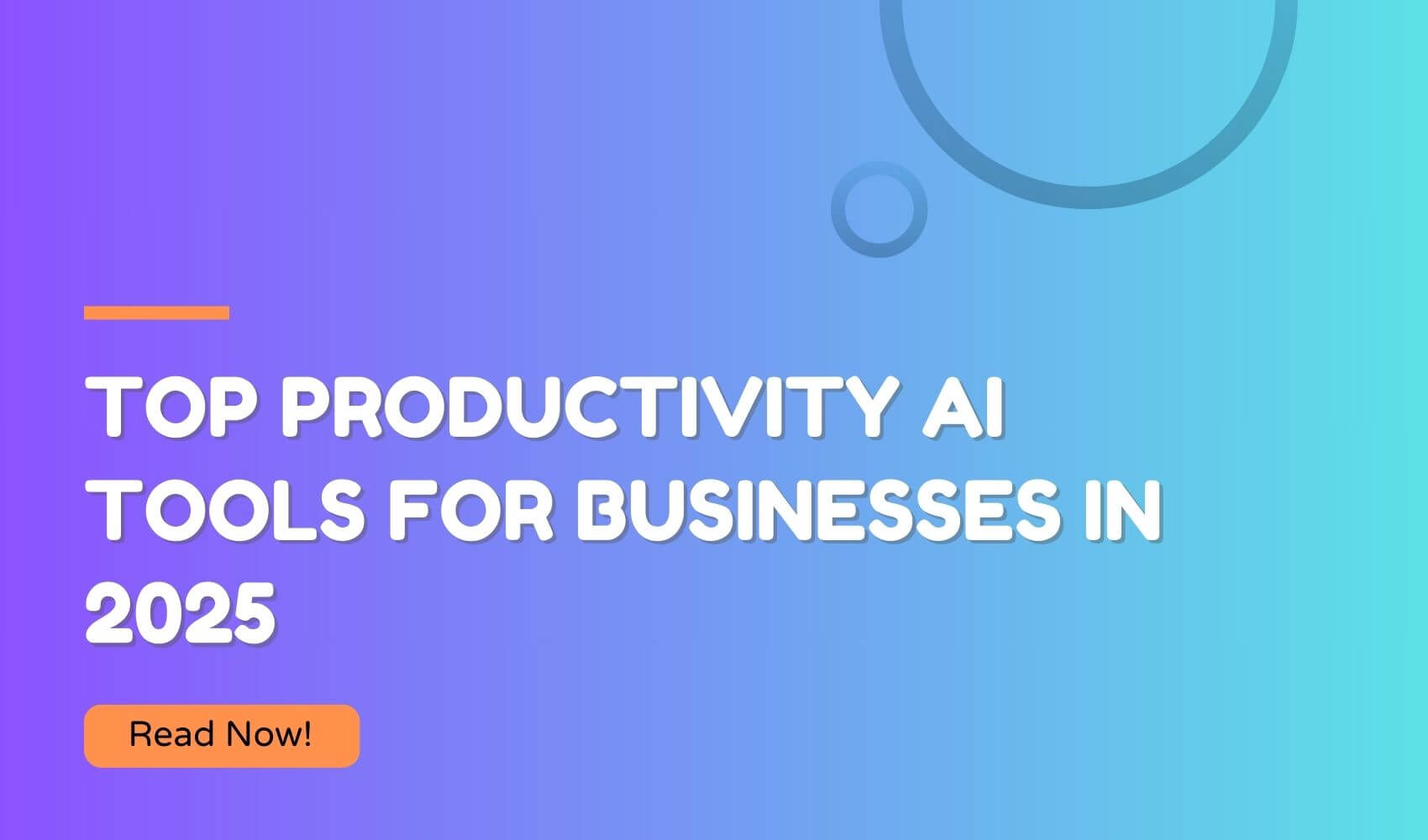Plan Your Best Year Ever – Come to GrowthCLUB
By: Tom Dougherty
Published: January 14, 2025

AI has reshaped how businesses operate, offering tools that improve workflows, efficiency, and growth potential. With a focus on usability, innovation, and affordability, these tools provide practical solutions for various business challenges in 2025.
AI-powered project management tools simplify how businesses handle assignments, schedules, and resources. They reduce manual intervention, letting teams focus on completing their work efficiently.
Businesses benefit from these tools as they streamline operations, prevent bottlenecks, and improve collaboration. Incorporating effective task management strategies is a cornerstone of business success, a principle often emphasized in our business coaching process. Whether managing daily tasks or long-term projects, they enhance productivity across various industries.
AI tools are reshaping how teams connect and collaborate, making interactions smoother and more efficient in digital workplaces.
For teams operating in hybrid or remote setups, these tools address common communication challenges, saving time and improving productivity during every interaction. Even small businesses can leverage them to enhance collaboration and maintain a professional standard, boosting overall efficiency.
AI plays a significant role in helping businesses process and interpret large volumes of data. Advanced tools uncover patterns, deliver insights, and support better planning.
AI-powered analytics platforms streamline decision-making by translating raw data into clear and actionable insights. They enable businesses to align strategies with measurable outcomes, improving efficiency and competitiveness.
AI is revolutionizing customer support by improving response times, personalizing interactions, and offering round-the-clock assistance. Businesses leverage AI tools to handle queries efficiently while enhancing the overall customer experience.
Companies adopting these tools report significant improvements in customer satisfaction and efficiency.
For example, Zoho’s use of its AI capabilities showcases how automation can handle repetitive tasks while maintaining a human-like touch.
This approach allows businesses to focus on resolving complex issues and building stronger customer relationships.
AI tools are reshaping how businesses create and manage content. They simplify writing, editing, and designing, helping marketers deliver engaging material efficiently while staying aligned with brand standards.
Applications for these tools include creating blog articles, developing social media content, crafting ad creatives, and editing long-form documents. They automate processes like proofreading, graphic customization, and format adjustments, allowing for high-quality results that meet diverse content needs.
Marketers save time by automating repetitive tasks, freeing them to focus on strategic initiatives. Editing and design tools support consistency across all materials, helping businesses maintain a cohesive brand image while adapting to the demands of fast-moving marketing landscapes.
AI tools are transforming finance and accounting by automating time-consuming tasks and improving precision. They allow teams to manage financial processes more efficiently and focus on strategic priorities.
AI reduces manual errors and saves significant time by automating routine processes like data entry and reconciliation. Finance teams gain more bandwidth to analyze data and make informed decisions, improving overall financial management and operational efficiency.
AI is transforming HR by streamlining hiring processes and enhancing employee management. It helps organizations source talent more effectively and gain deeper insights into workforce dynamics.
AI in HR creates stronger teams by reducing manual effort, improving hiring accuracy, and providing valuable data for workforce planning. Recruitment becomes faster and more targeted, while analytics offer actionable insights that help organizations maximize team productivity and engagement.
AI continues to evolve, bringing new opportunities and challenges for businesses. Emerging technologies like generative AI, autonomous agents, and AI-powered IoT are redefining how companies operate and innovate.
Generative AI is advancing rapidly, enabling businesses to create content, design prototypes, and develop solutions with minimal human input. Its ability to produce unique outputs from data offers valuable applications in marketing, product development, and creative industries.
Autonomous agents are taking on decision-making roles, managing tasks independently and interacting with systems without constant oversight. This approach improves efficiency in areas like supply chain management, customer service, and operational workflows.
AI-powered IoT connects artificial intelligence with devices, creating smarter systems capable of analyzing real-time data and responding dynamically. From predictive maintenance in manufacturing to optimizing energy use in smart buildings, this technology brings agility and cost savings to various sectors.
At ActionCOACH of Arizona, many of the AI tools mentioned are actively used to boost productivity and streamline processes. These tools play a key role in improving our operations, and we encourage our coaching clients to integrate them into their workflows.
By leveraging AI, we help businesses make better decisions, reduce inefficiencies, and maintain a competitive edge in a rapidly evolving landscape.
While these advancements present significant opportunities, they require careful consideration. Businesses must address data security, ethical AI implementation, and system integration challenges. Success will depend on adopting technologies responsibly and staying adaptive in the face of constant innovation.
Start integrating AI tools into your operations today and experience the difference.

At ActionCOACH of Arizona, we help entrepreneurs and business owners unlock their full potential with proven strategies, powerful coaching, and real results. Whether you're scaling, streamlining, or just starting out—we’ve got your back.